Brazil has always played a prominent role in automotive creativity, whether through the creation of unique models or the adaptation of imported designs. However, not all innovation ends in success, and the Shark, a sports car produced by Trivellato SA, is a classic example of how ambition can be stifled by legal, technical and marketing problems. Let's dive into the fascinating, yet brief, trajectory of the Shark, the "shark" that could not resist the waves of the Brazilian automotive market.
The Ambition of a National Sports Car
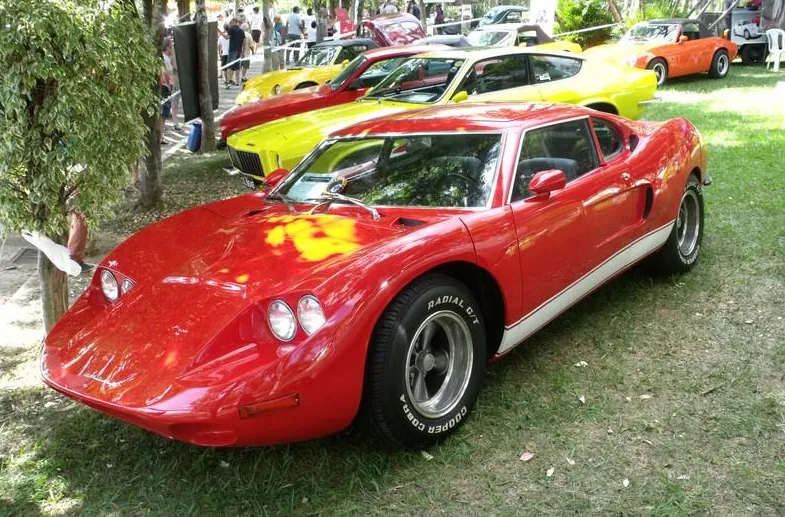
Released in the late 1960s, the Shark had everything it needed to become a Brazilian icon. With a body made of fiberglass-reinforced plastic, the model was light, modern and used one of the most reliable mechanics of the time: the Volkswagen air-cooled engine. These engines, with variations from 1,200 cm³ to 1,600 cm³, were already equipped in a wide range of vehicles in Brazil, such as the classic Karmann-Ghia, you beetles and even the Puma GT. In addition, the Karmann-Ghia base could be used to assemble the Shark, which increased its appeal to enthusiasts.
The Shark's design drew attention for its clear inspiration from the legendary Ford GT-40, a racing car that had achieved worldwide fame in the 24 Hours of Le Mans. However, the Brazilian sports car had some adaptations that made it more accessible and practical. The opening of the front and rear hoods, for example, was designed to facilitate maintenance, and the hood was raised by five centimeters to improve the comfort of the driver and passenger.
The Controversial Connection with Fiberfab

Despite the effort to create a national car, the Shark had an “Achilles heel”: its origin. The model was a copy of the Avenger GT, produced by the American Fiberfab, a Californian company famous for manufacturing automotive kits since 1964. In addition to the Avenger, Fiberfab produced other iconic models, such as the Aztec 7, O Jamaican IV and replicas of classic cars, such as the Migi II.
The connection between the Shark and the Avenger GT was not merely aesthetic; it was a nearly identical reproduction. The problem? Trivellato SA did not have Fiberfab's authorization to produce the Shark. This detail, which initially went unnoticed, was revealed by the Brazilian automotive press in 1970, putting the reputation of the model and its manufacturer in check.
The Decline of the Shark
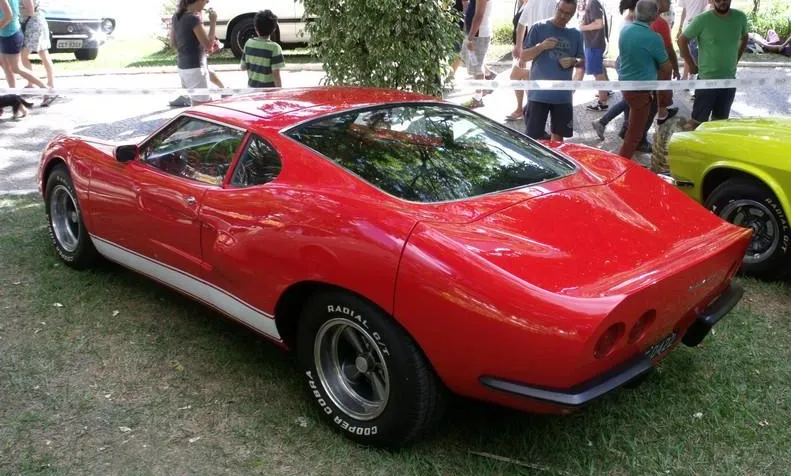
In its first months on the market, the Shark was received enthusiastically. Equipped with luxurious finishing details for the time, such as metallic paint, leatherette sports seats and a complete dashboard with a speedometer graduated to 200 km/h, the car caught the attention of specialized magazines. Tested by renowned publications, the sports car received praise for its performance and design.
However, the scenario changed dramatically when it was discovered that the Shark was not an original design. The headline in one of the automotive magazines read: “Shark: A Fake Brazilian?” This discovery shook the credibility of the model and, even more so, that of Trivellato S.A. Production was terminated in 1973, with estimates indicating that only between 30 and 40 units were manufactured.
The Impact on Trivellato SA
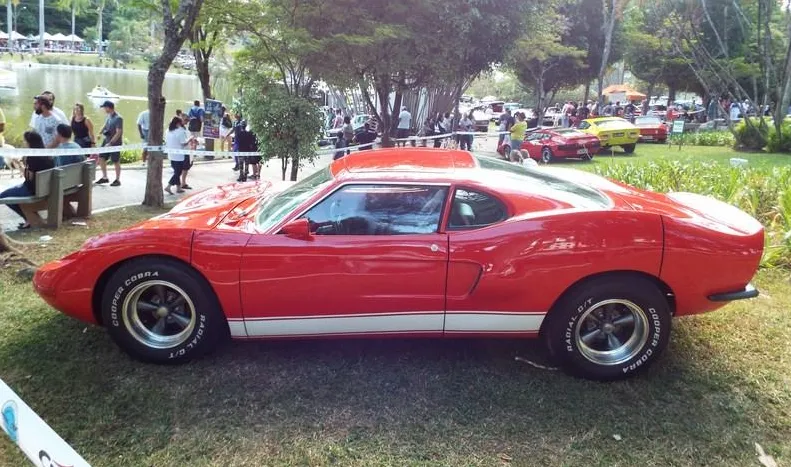
The Shark scandal was a heavy blow to the Trivellato SA, a company previously respected for its production of bodies for tanker trucks and trailers. Founded by Ernesto Trivellato, the company was already facing challenges in maintaining competitiveness and controlling costs in the late 1970s. The Shark fiasco further aggravated the company's financial situation.
Although Trivellato continued to operate for more than a decade after Shark's demise, the company never fully recovered. In 1986, Trivellato SA declared bankruptcy, definitively ceasing its activities. Despite this, many Brazilians still remember the brand for the robust tanker truck bodies that drove the country's roads and for its bold attempt to enter the sports car market.
Why didn't Shark Survive?
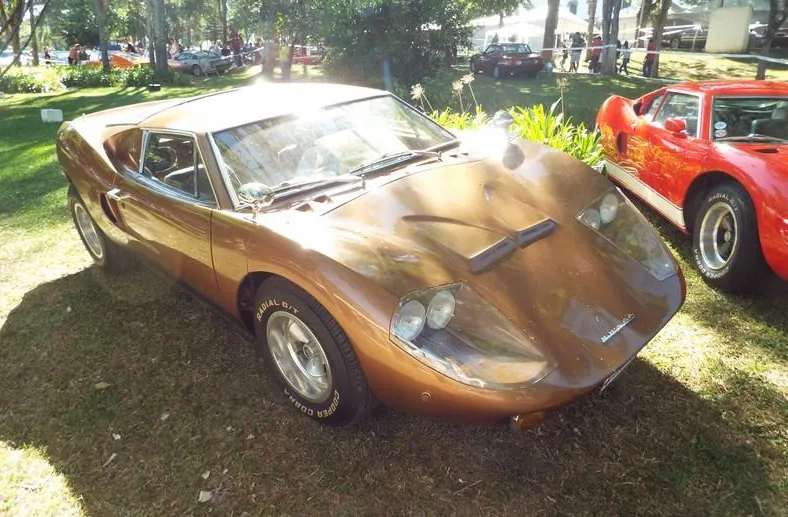
Shark's failure can be attributed to a combination of factors, including:
- Lack of Originality: The blatant copying of the Avenger GT has compromised the model's reputation.
- Legal Issues: Fiberfab's lack of authorization generated criticism and made it impossible to continue the project.
- Limited Market: The concept of sports cars in Brazil in the 1970s was still restricted to a niche audience, with little demand to support a model like the Shark.
- High Price: Despite being sold as a kit, the Shark was expensive. Converted to today's values, the price was around R$ 120,000.00 to R$ 150,000.00, depending on the configuration.
The Shark's Legacy
Although the Shark did not achieve the expected success, it left an important legacy. The model serves as an example of the challenges faced by domestic manufacturers when trying to compete in a market dominated by large international automakers. In addition, the Shark is now a rarity, with remaining examples highly valued by collectors.
If you find one Shark For sale at an auction or classic car show, know that it represents a piece of Brazilian automotive history. Despite its controversies, the sports car is a symbol of boldness and ambition in a period of great creativity in the national automotive sector.
Conclusion
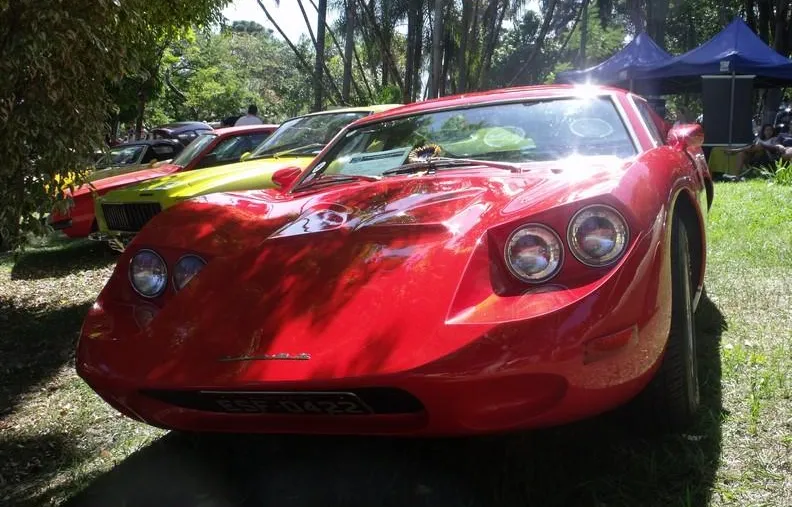
Write about Shark in 2025 It is a journey through time that reminds us of the ephemerality of some ideas and the importance of innovating with authenticity. The Brazilian sports car, which began as a promise of success, met its end due to poorly planned choices and market pressure. Today, the Shark is an example of how passion for engineering can face great challenges, but also of how history always finds a place to preserve these moments.









